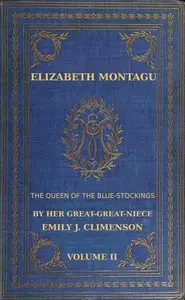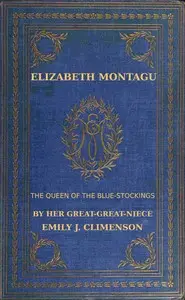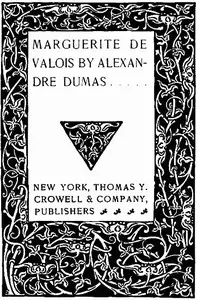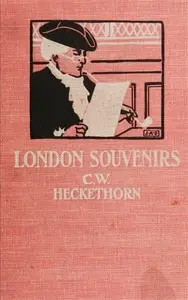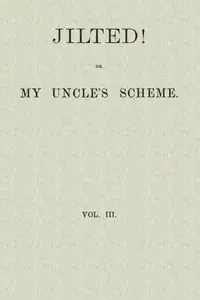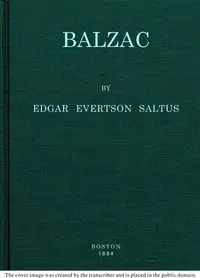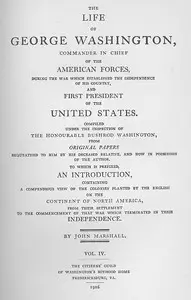"Elizabeth Montagu, the Queen of the Bluestockings, Volume 1 (of 2): Her Correspondence from 1720 to 1761" by Emily J. Climenson is a historical account written in the early 20th century. This volume presents a compilation of letters and correspondences centered around Elizabeth Montagu, a prominent figure in 18th-century intellectual society, often referred to as a bluestocking due to her engagement in literary and philosophical discussions. The work illuminates her relationships with notable friends and acquaintances, as well as details her life, charisma, and the societal norms of her time. The opening of the volume sets the stage for Montagu's story, beginning with details about her lineage and early life. We learn about her family background, including her ancestors and their influence on her upbringing. The text also introduces the correspondence between Montagu and the Duchess of Portland, highlighting Montagu's vivacious character through her witty and insightful letters. As the narrative develops, it shows how Montagu became a central figure in her social circles, engaging in the cultural dialogues of her era and maintaining connections with key figures of her time, thus providing a vibrant glimpse into the life and society of a remarkable woman. (This is an automatically generated summary.)
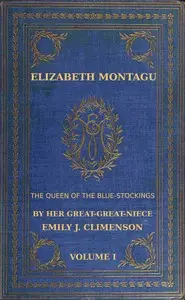
Elizabeth Montagu, the queen of the bluestockings, Volume 1 (of 2) : $b Her correspondence from 1720 to 1761
By Mrs. (Elizabeth) Montagu
"Elizabeth Montagu, the Queen of the Bluestockings, Volume 1 (of 2): Her Correspondence from 1720 to 1761" by Emily J. Climenson is a historical accou...
Elizabeth Montagu was a British social reformer, patron of the arts, salonnière, literary critic and writer, who helped to organize and lead the Blue Stockings Society. Her parents were both from wealthy families with strong ties to the British peerage and learned life. She was sister to Sarah Scott, author of A Description of Millenium [sic] Hall and the Country Adjacent. She married Edward Montagu, a man with extensive landholdings, to become one of the richer women of her era. She devoted this fortune to fostering English and Scottish literature and to the relief of the poor.


